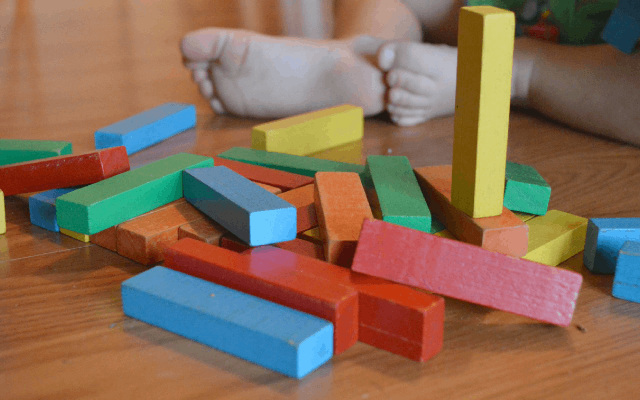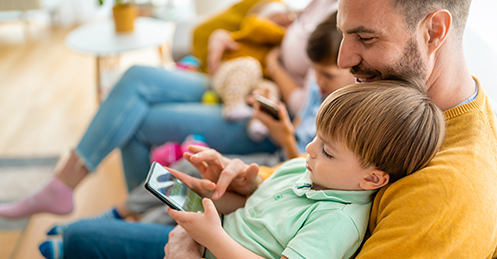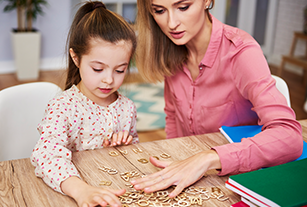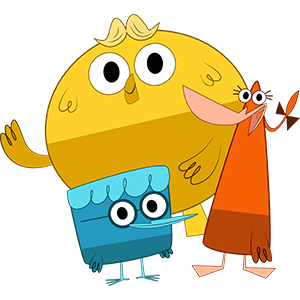


We all want our kids to shine bright in all areas of life; we want them to grow up to be upstanding citizens, intellectual individuals, and compassionate human beings. While academics and civics are taught in school, there’s a gap when it comes to social-emotional learning. Social-emotional learning is a skill that helps you deal with and address your emotions and feelings. Children have a lot on their minds at all times, they go through emotions just like adults, but may not be able to define what they’re feeling, and in turn, might be unable to communicate with their parents about these emotions. Some children are shy while some are bold, some are scared and some are fearless – teaching them about social-emotional learning will help them channel these emotions. This skill is vital for children to gain self-esteem and interpersonal skills.





Showcasing empathy, understanding another’s perspective, and being able to cooperate will help your children connect with other kids more comfortably. They will grow up to be social, friendly people instead of shy.
Being aware of their feelings and emotions will also get rid of the frustration and confusion of not knowing what those feelings are. They will be able to communicate better, and you, as a parent, can help them channel those emotions correctly.
Understanding their strengths and weaknesses will help them focus on what they’re good at. This will result in better grades at school and less emotional distress. And, of course, they will grow up to be confident adults filled with self-esteem, kindness, and empathy.


Today, there are many helpful mobile apps that can teach children about social-emotional learning. Through various activities and games, they can learn different emotions and how to identify what they are feeling. They will also learn the right and wrong way of communicating with other kids, how to help their friends when they are sad or upset, and how to control negative feelings. These apps can be very beneficial for children with special needs; they can learn at their own pace and in the comfort of their own homes.
Download Skidos apps and discover the many games that can help your child with social-emotional learning!
My day is usually quite hectic. As a mom of three I worry a lot about their screen time. Since we have SKIDOS Games I feel calm that they are safe online and are actually learning while playing. SKIDOS helped me get more time for myself, and now I simply get more done.
- Anna Jørgenson
A great game with good math content where both of my kids (6 and 8 years old) can enjoy the game play and the math tasks. We have created 2 accounts and choose different grades, so both of my kids get math content adequate for their age. We really like Skidos games! Highly recommend!
- Emma Mint
I came across this fun math game which according to me is the best game for 7,8,9 year old kids. I am a teacher and introduced this game to the parents of my kids. So kids can now play and learn at the same time.
- John Bla

Skidos Labs ApS,
Titangade 11
2200 København N
CVR: 37212962
